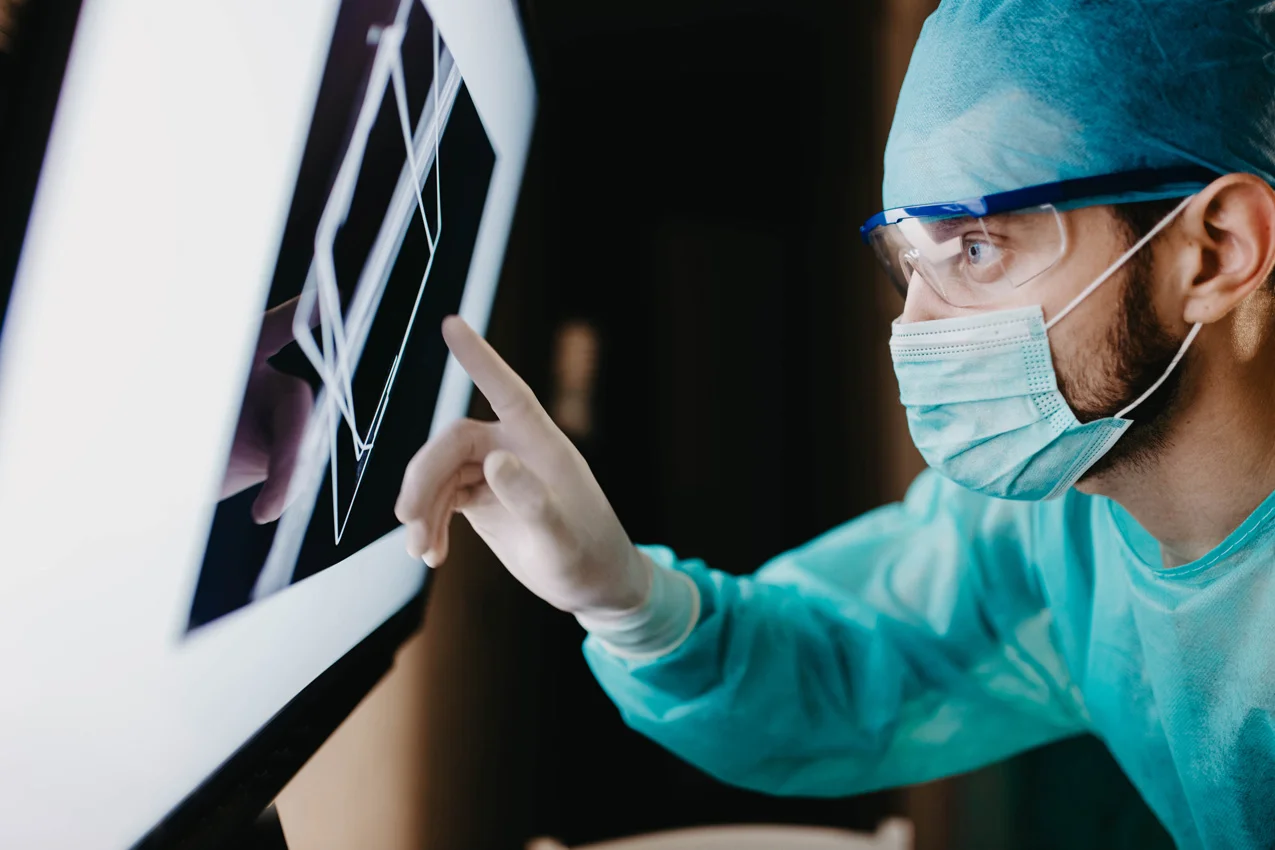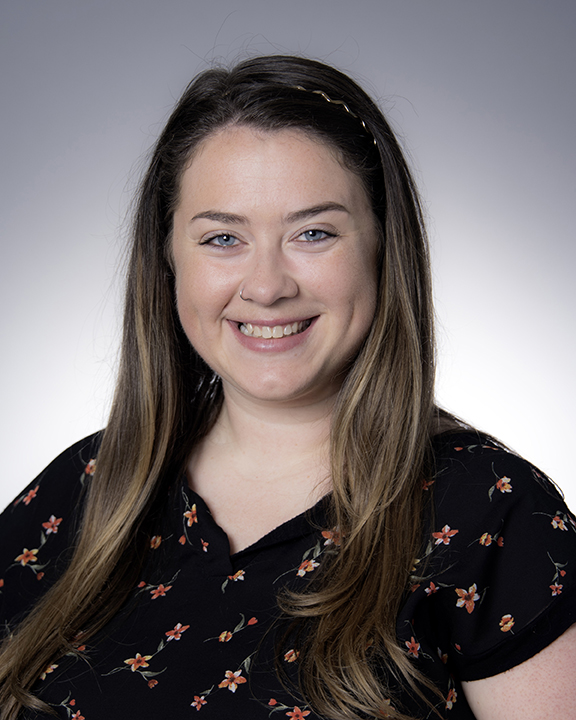Colonoscopy
At Garnet Health, we offer colonoscopies to diagnose gastrointestinal conditions in Orange and Sullivan County, NY.
Search Locations
Colonoscopy at Garnet Health
A colonoscopy is an outpatient procedure that your physician performs to examine the lining of the colon. A colonoscopy helps find ulcers, colon polyps, tumors and areas of inflammation or bleeding. A colonoscopy can also be used as a screening test to check for cancer or precancerous growths in the colon or rectum.
The American Cancer Society recommends that men and women at average risk have their first colonoscopy at age 45. If you have a personal or family history of colorectal cancer, polyps or long-standing ulcerative colitis, your physician may recommend you have a colonoscopy before age 45.
Preparing for Your Colonoscopy
Colonoscopies are generally well-tolerated by patients. On the day before the procedure, your physician will recommend you follow some dietary restrictions and use a colon cleansing method (drinking a cleansing solution or taking oral laxatives). Your colon must be completely clean for the test to be accurate.
Before your appointment, check with your physician about any medications you are taking, including aspirin, anti-coagulants, arthritis medications or iron products. Also let him/her know if you have any allergies to medications.
You should plan to arrive at the hospital 2 - 3 hours in advance for preparation, the procedure and recovery. Because your gastroenterologist will sedate you for your procedure, you cannot drive for at least 24 hours after the procedure.
What to Expect During Your Colonoscopy
While you are lying on your side, your physician will insert a thin flexible tube into your anus and slowly advance it into your rectum and colon. The tube contains fiberoptics that will enable your physician to view the inside of your digestive tract in color on a television monitor. During a colonoscopy, your physician will look for polyps, internal bleeding or other abnormalities. Using special instruments attached to the scope, he/she can remove polyps, take tissue samples for a biopsy or stop internal bleeding.
What to Expect After Your Colonoscopy
A nurse will monitor you until your sedation wears off. You may have some cramping or bloating afterward. You must have someone drive you home. You should be able to eat when you return home. If your physician removed tissue for a biopsy or any polyps, he/she will notify you of your results.
Test Results in MyChart
MyChart is a patient portal used to access your test results and manage your appointments. Learn more or sign up online.

Diagnostic Imaging Services
You can rely on Garnet Health for comprehensive diagnostic testing in Orange and Sullivan counties.
Learn more
Patient Information & Resources
Patient resources regarding your patient rights, billing, and more - so you can get a jump start on your stay or appointment.
View Resources
